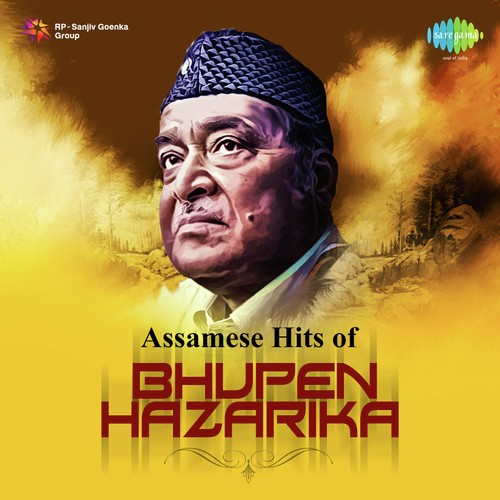

With a musical career this vast, Hazarika’s academic achievements are seldom discussed. He wrote “ Agnijugor firingoti moi, notun Asom gorhim” (I am the spark of the age of fire, I will build a new Assam”) at the age of 16. Having come in contact with Agarwala and Rabha in his formative years, Hazarika understood music’s instrumentality early on in life. It was in Tezpur, at the age of 10, that he first met Jyotiprasad Agarwala, the renowned Assamese lyricist, playwright and Assam’s first filmmaker, and Bishnu Prasad Rabha, the revolutionary poet. Growing up, he lived in the Bharalumukh region of Guwahati, Dhubri and Tezpur. Hazarika once said that he had inherited his “singing skills” from his mother who sang lullabies for him. Meeting Paul Robes o n at Columbia Universityīorn in 1926 in Upper Assam’s Sadiya to Nilakanta and Shantipriya Hazarika, he was the eldest of 10 children. ThePrint takes a look at the life and work of Bhupen da (as he was fondly known to the masses), his bohemian identity and powerful lyrics.Īlso read: No, Bhupen Hazarika wouldn’t reject Bharat Ratna even if he opposed Citizenship Bill Not to forget his brief dalliance with the BJP, when he contested and lost in the 2004 Lok Sabha elections. While the only criticism so far has been that it has come a little too late (he passed away in 2011), the timing of this award can hardly be ignored.Īssam has been in the throes of yet another identity debate with the date for the final draft of the National Registrar of Citizens inching closer. Hazarika was posthumously awarded the Bharat Ratna Thursday. His songs not only stirred nationalism and sub-nationalisms during the gloomy days of language riots and ethnic conflicts in the state - starting from the 1960s – but also inspired the United Liberation Front of Assam (ULFA), which sought Assam’s secession from India. He was a singer, lyricist, activist, filmmaker and a poet who brought the region together, across physical and emotional barriers.

One of Northeast’s most famous cultural icons, Hazarika wore many hats.

( If humans wouldn’t think for humans with a little sympathy, Tell me who will, my friend?)


 0 kommentar(er)
0 kommentar(er)
